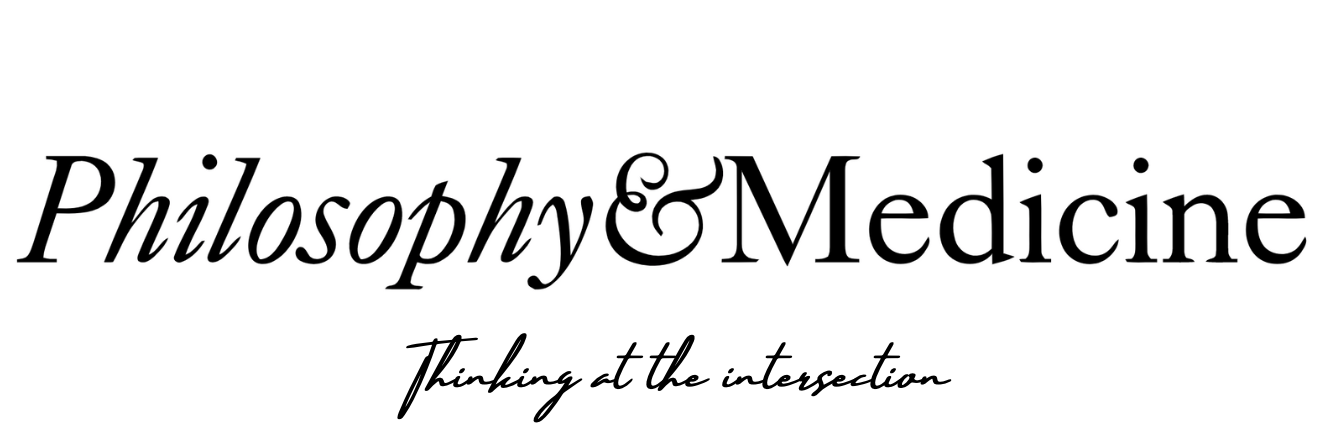Matilda Carter: ‘Still There: Dementia, Substitute Decision-Making and Authenticity’
This is a quest post by Dr Matilda Carter, a Lecturer (AEP) in Philosophy at King’s College London. Find out more about Dr Carter here.
“She would be horrified if she knew she was doing this”
“That’s not him really”
Throughout my time working as a carer, I frequently heard statements like these from the friends and family members of the people living with dementia I cared for. This condition, in all of its guises, is undoubtedly accompanied by significant changes in apparent attitudes, values and behaviours. Yet, I was always struck by the certainty with which the loved ones of those I cared for discounted these changes as inauthentic, holding on to an image of the person before the onset of the condition. After all, it is not clear that we can ever prevent changes to our characters in response to life events; indeed, in some cases it seems like there is an imperative to embrace them.
This instinctive rejection of the authenticity of the person living with dementia as they are now has been philosophically defended on by Ronald Dworkin. Such persons, at least in the later stages of their condition, are rendered on his account incapable of generating authentic mental elements, because they have lost the capacity to reflect on how the shape of their lives as a whole may affect their value. For this reason, Dworkin implores us to discount present-day expressions of desires, values and interests, in favour of honouring those expressed by the person before onset.
In the realm of substitute decision-making, this has significant consequences. Due to their inability to reflect in the manner specified, Dworkin holds that persons living with dementia should be treated in accordance with decisions made in any advance directive they have signed, even if they conflict sharply with their apparent present-day dispositions. Substitute decisionmakers, thus, are permitted to (and, by extension, morally required to) withhold treatment from a plainly content person living with dementia, if doing so honours the advance directive they have signed before onset.
In a recent article published in The Hastings Center Report, I reject this view as grounded on a mistaken conception of what it means for a value-set to be authentic. Using a modified version of an account set out by John Christman, I argue that a person’s mental elements are authentic when they are not alienating across a variety of circumstances. Though people living with advanced dementia are unlikely to be able to make an assessment to this effect by themselves, I defend the view that this evaluation can occur externally, in the sense that decisionmakers can assess the person in a variety of circumstances to come to an understanding of the person’s settled disposition.
As persons living with dementia by and large experience a full range of emotional states, I argue that it is possible for them to authentically change their value sets, in the sense that they are capable of feeling alienated or non-alienated from them. In the realm of substitute decision-making, this means we have a duty to scrutinise any advance directive or advance refusal of treatment by comparing the values underpinning it with those expressed by the person in the present-day. In cases of plain contentment, this may mean overruling such directives as grounded on since-jettisoned values.
Making these decisions is not easy, and the infrastructure needed to support such externalised decision-making procedures does not exist in most Western societies. Questions such as these are, in this sense, political: they concern the constraints on powerful actors, the guiding principles and design of institutions, and the status of persons living with dementia as a social group. As I demonstrate in the paper, however, these reforms are required as a baseline demand of social justice, in order to ensure persons living with dementia are treated as social equals. To this end, I set out a number of policy recommendations towards the end of the paper, including that advance directives should be mandatory, detailed and defeasible.
